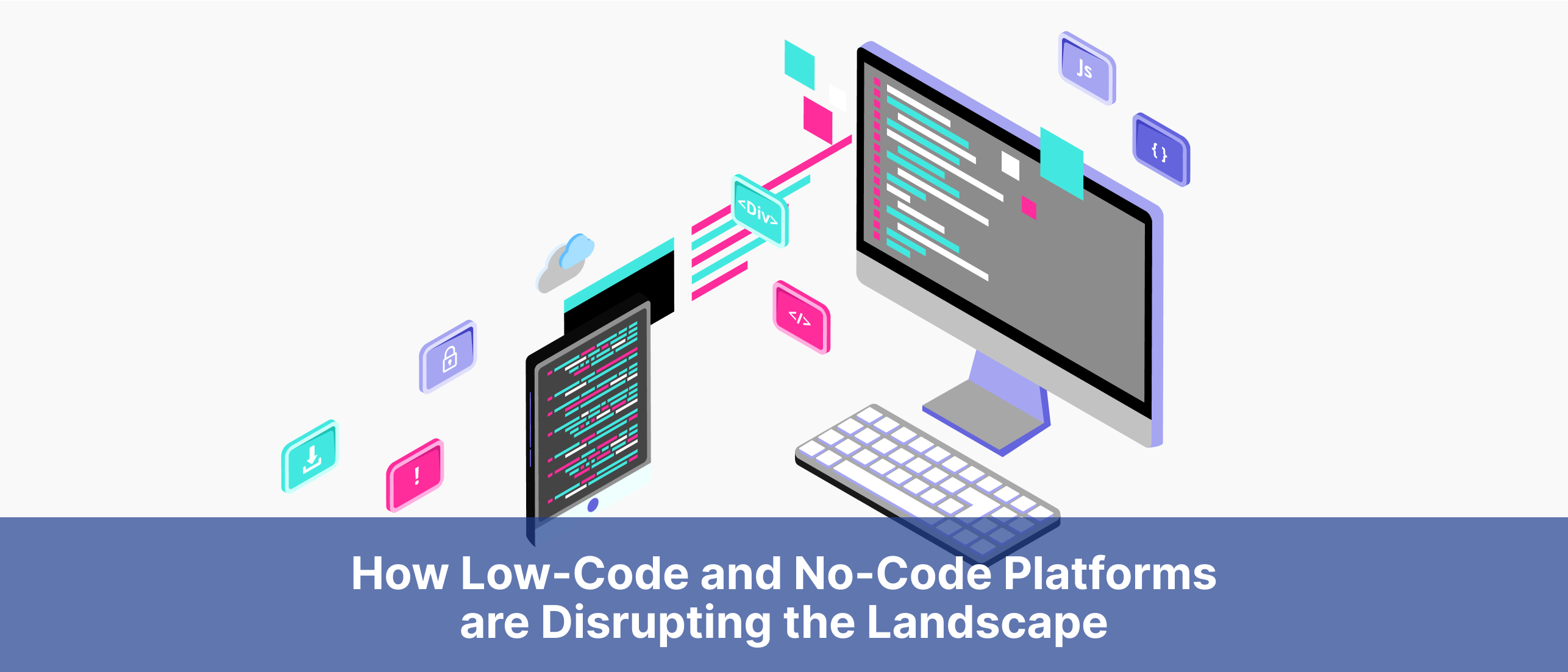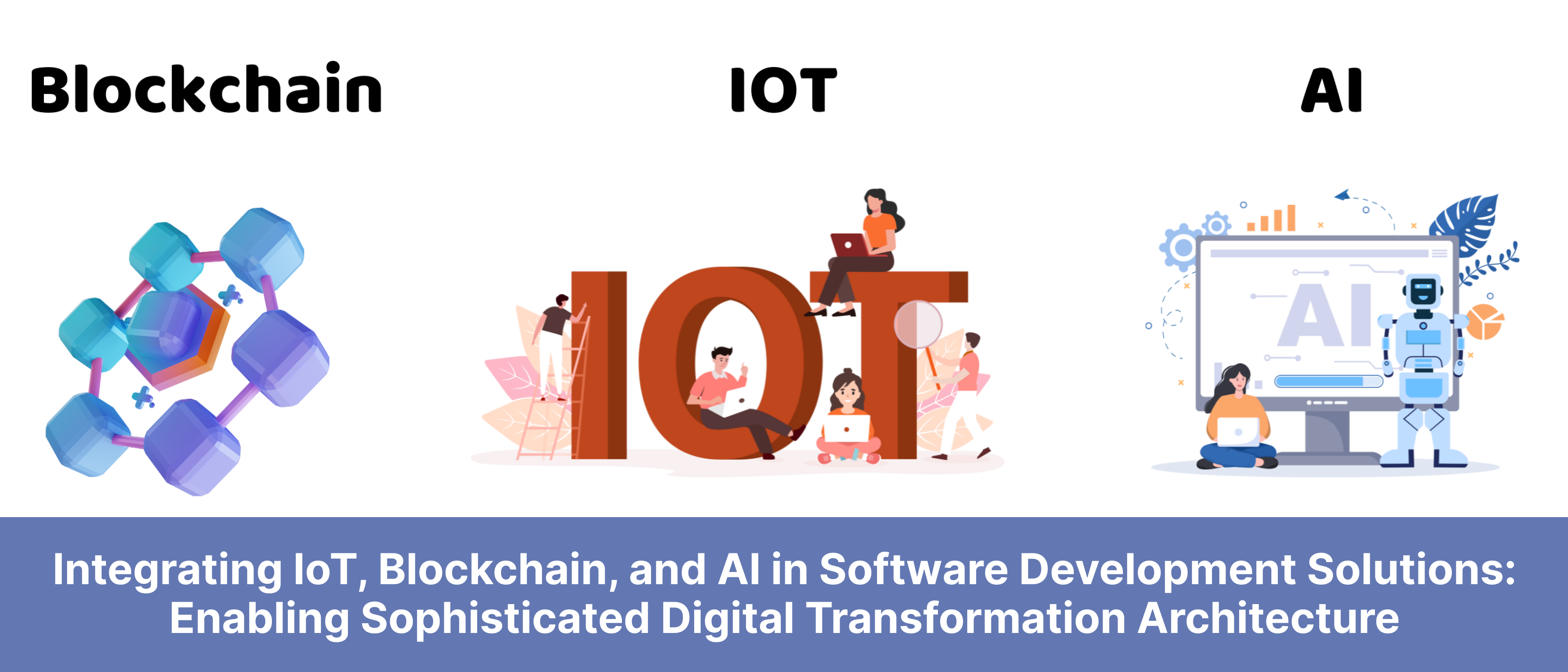What are Low-Code and No-Code Platforms?
Low-code and no-code are great application development techniques that allow people with little to no coding knowledge to create and use apps quickly. Both approaches allow non-technical users to create custom solutions by freeing technical resources for more complex projects.
| Feature | Low-Code | No-Code |
| Primarily Serves | Developers | Business Users |
| Primarily Objective | Speed of Development | Ease of Use |
| Coding Need | Low, but present | No Coding Required |
| Customization | Total customization available | Pre-built templates can be customized |
| Platform Lock-in | Free to move between platforms | Sometimes, they are locked into the same platform |
| End-to-end Development | All platforms offer end-to-end development | Some platforms offer only limited capabilities |
| Purpose | Next-gen Rapid Application Development tool | Self-service application for business users |
| App Complexity | Can build complex apps | Can build simple apps |
| Cost Effectiveness | Cost-effective for companies with an existing team of developers | Cost-effective for companies with a backlogged IT team and high requirements |
How Low-Code and No-Code Platforms are Changing Traditional Software Development
Benefits of Low-Code and No-Code Platforms
Main advantages:

Faster Development:
These platforms allow users to rapidly prototype and deploy applications, dramatically shortening the development cycle and the time to market.
Accessibility:
Application development and modification become easy enough for a non-technical user to accomplish, enabling collaboration between IT and the business units.
Flexibility and Scalability:
Apps can be quickly adapted based on changing business needs and scaled up as necessary.
Integration Capabilities:
Built-in connectors and API support enable easy integration with current systems and third-party services.
Improved Collaboration:
Cross-functional teams can work together in real-time, aligning better on project objectives.
Limitations of Low-Code and No-Code Platforms
Although low-code and no-code platforms have various advantages, they also have disadvantages.
Here are a few of the significant issues in such platforms:

Low-code and no-code platforms may not provide much customization but have user-friendly interfaces, and developers must compromise on design and functionalities.
%201%20(1).png?width=60&height=60&name=security%20(1)%201%20(1).png)
While these platforms can be secure, applications built on them will be open to vulnerabilities in case the user is not equipped with knowledge of good security practices.

Most low-code/no-code platforms need to give access to source code, potentially making migration to other platforms difficult and sometimes costly.

Such platforms often struggle to support larger development teams and face bottlenecks and errors as application complexity increases.
Evermethod: Transforming the Software Development Industry for the Modern Era
Evermethod is dedicated to empowering organizations with the most innovative and cutting-edge solutions through technology. With a primary focus on low-code and no-code platforms, we help businesses streamline their application development processes within a quick and efficient timeframe and collaborate effectively.
Our experienced team will combine industry knowledge with cutting-edge tools to offer market-driven software solutions tailored to specific business needs.
Evermethod helps organizations remain agile and efficient in the complex digital landscape, ensuring they stay competitive and adaptive.
Join us to revolutionize your software development journey and unlock new avenues for growth and success.
Get the latest!
Get actionable strategies to empower your business and market domination
.png?width=882&height=158&name=882x158%20(1).png)

.png/preview.png?t=1721195409615)

%2013.png)


